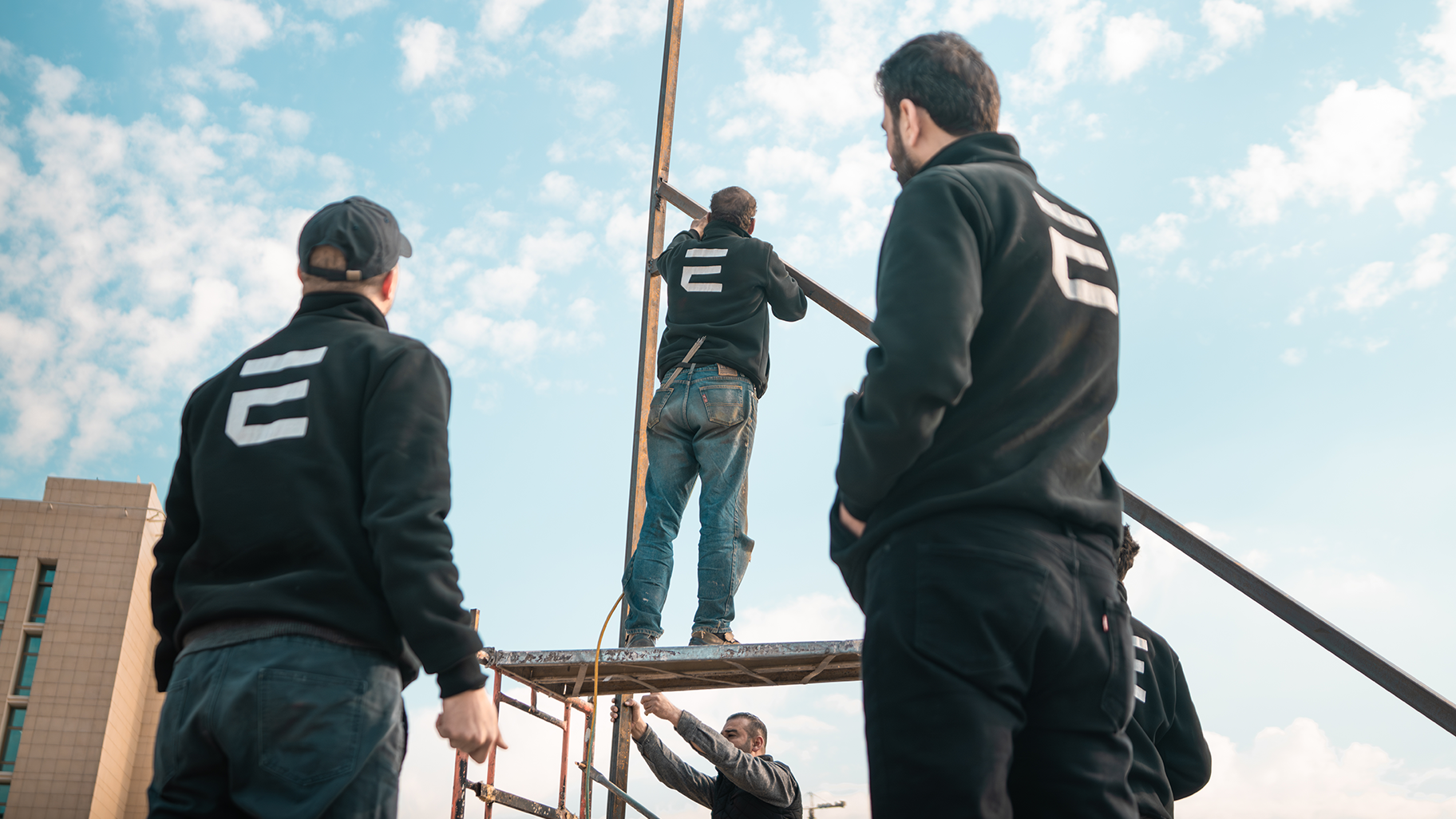The Evolution of Event Management: Embracing Innovation with 3D Technology

The Evolution of Event Management: Embracing Innovation with 3D Technology
Event management has long been a cornerstone of human interaction, bringing people together for various purposes, from celebrations and conferences to trade shows and product launches. Over the years, the landscape of event management has undergone significant changes, driven by advancements in technology, shifting consumer preferences, and the need for more immersive and engaging experiences. In this blog, we'll explore how event management has evolved and the transformative potential of integrating 3D technology into the planning and execution process.
From Traditional to Tech-Savvy: The Evolution of Event Management: Traditionally, event management relied heavily on manual processes, paper-based invitations, and physical venues. However, the digital revolution has transformed the industry, introducing online event registration systems, virtual event platforms, and social media promotion. Today, event managers leverage a wide range of digital tools and platforms to streamline processes, enhance attendee engagement, and measure event success in real-time.
Shifting Trends and Consumer Expectations: As technology continues to evolve, so too do consumer expectations regarding event experiences. Attendees now seek more than just passive participation; they crave immersive, interactive experiences that leave a lasting impression. From virtual reality (VR) activations and augmented reality (AR) installations to gamification and live streaming, event managers are constantly innovating to meet these evolving demands and create memorable experiences that resonate with attendees.
The Role of 3D Technology in Event Management: One of the most exciting developments in event management is the integration of 3D technology. 3D visualization enables event planners to create virtual replicas of venues, allowing them to explore different layout options, seating arrangements, and decor choices in a virtual environment. This not only streamlines the planning process but also provides a realistic preview of the event space, helping organizers make informed decisions and optimize the attendee experience.
Enhancing Pre-Event Marketing and Promotion: Leveraging 3D technology in event management extends beyond the planning phase; it also plays a crucial role in pre-event marketing and promotion. With 3D renderings and virtual tours, event organizers can create immersive marketing materials that showcase the event venue and highlight key attractions. This not only generates excitement among prospective attendees but also provides a sneak peek into what they can expect at the event, driving ticket sales and registrations.
Creating Interactive and Immersive Experiences: On the day of the event, 3D technology can be used to create interactive and immersive experiences that engage attendees on a deeper level. Whether through interactive VR simulations, AR scavenger hunts, or holographic displays, event managers can leverage 3D technology to captivate audiences and deliver memorable moments that leave a lasting impression. These interactive experiences not only increase attendee engagement but also enhance brand visibility and affinity.
Measuring Success and Gathering Feedback: After the event, 3D technology continues to prove valuable in measuring success and gathering feedback. By analyzing data from virtual event simulations, organizers can gain insights into attendee behavior, engagement levels, and satisfaction rates. This valuable feedback can then be used to refine future event strategies, improve the attendee experience, and drive greater ROI for event stakeholders.
In conclusion, the evolution of event management is characterized by innovation, technology, and a relentless focus on delivering exceptional attendee experiences. By embracing 3D technology, event managers can unlock new possibilities for creativity, engagement, and success. Whether it's streamlining the planning process, enhancing pre-event marketing, or creating immersive experiences on the day of the event, 3D technology has the power to transform every aspect of event management and shape the future of live experiences.